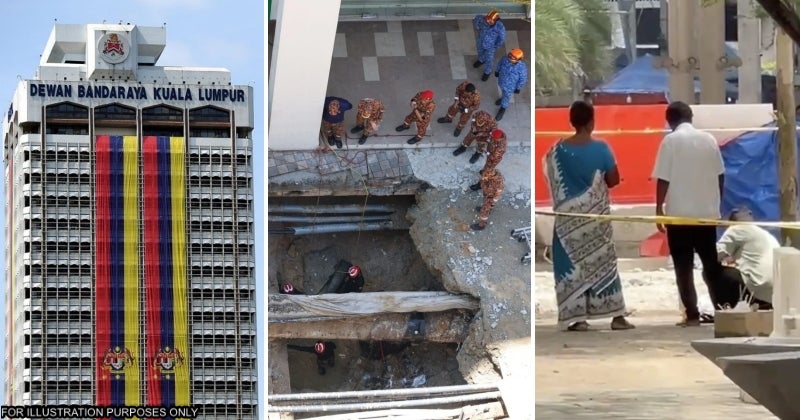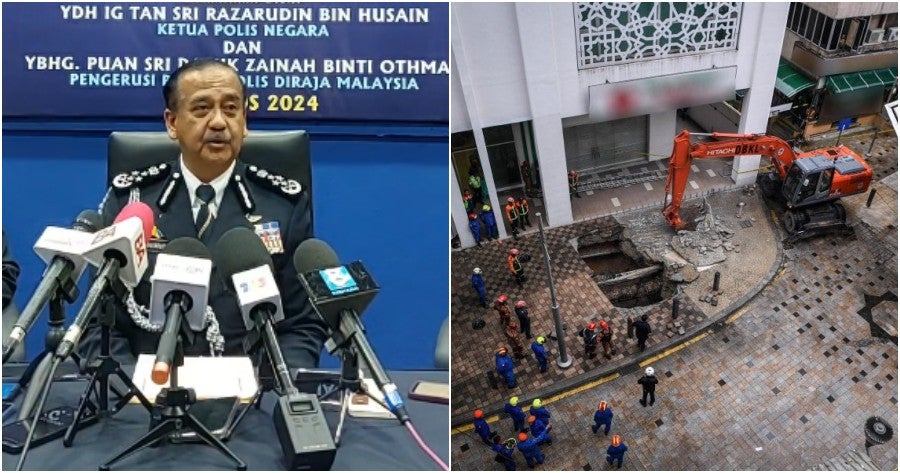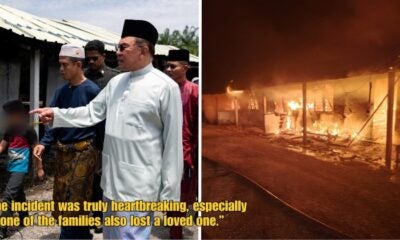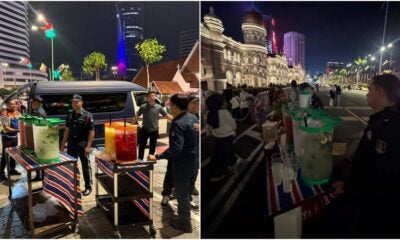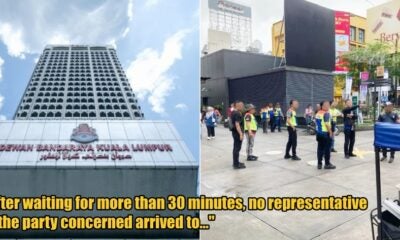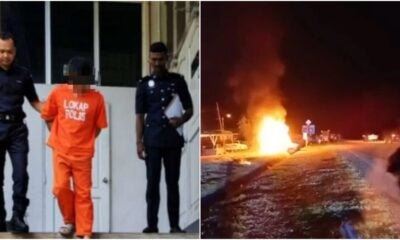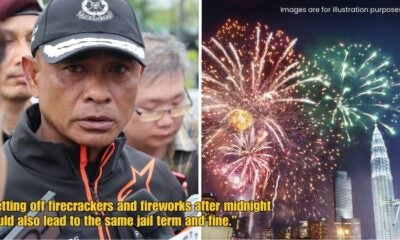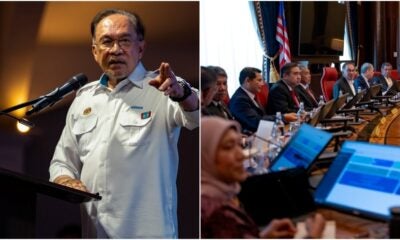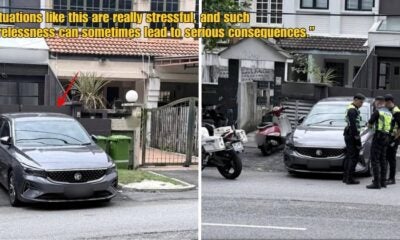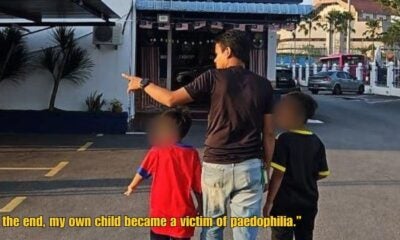A tragic incident rocked our country recently involving a woman who was buried underground after a sinkhole suddenly appeared in Kuala Lumpur’s Jalan Masjid India.
After 9 days of search and rescue (SAR) operations by the authorities, the victim, 48-year-old Indian national Vijayaletchumi has yet to be found and on Saturday (31 August), the operation has officially been called off.

The distraught family ultimately understands the decision to call off the SAR and on Sunday (1 September), they performed final rites for the victim in a sombre religious ceremony before leaving Malaysia.
While the Government is considering giving compensation to the family for the incident, 1 question many have posed online is whether the victim’s family can take legal action against the Kuala Lumpur City Hall (DBKL) for what had happened.
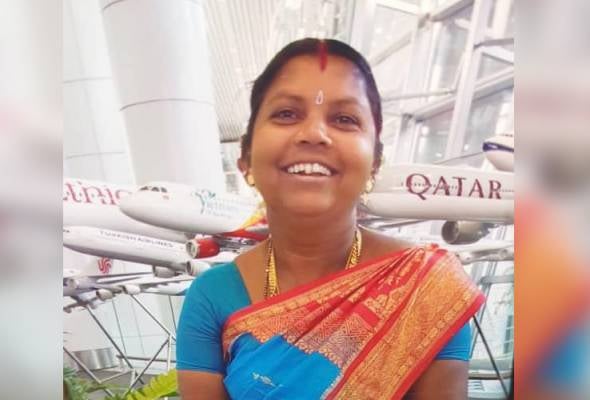
This article seeks to find that answer and accordingly, we’ve gotten in touch with a seasoned legal practitioner and here’s what he has to say.
Civil action under the torts of Negligence and Breach of Statutory Duty
Speaking to WORLD OF BUZZ, Malaysian lawyer Mohd Irzan Iswatt, a partner at Kuala Lumpur-based law firm ADIL Legal, asserted that the victim’s family may initiate a civil suit against DBKL.
Given that the city council is a public authority, the civil suit can fall under Breach of Statutory Duty or Negligence.
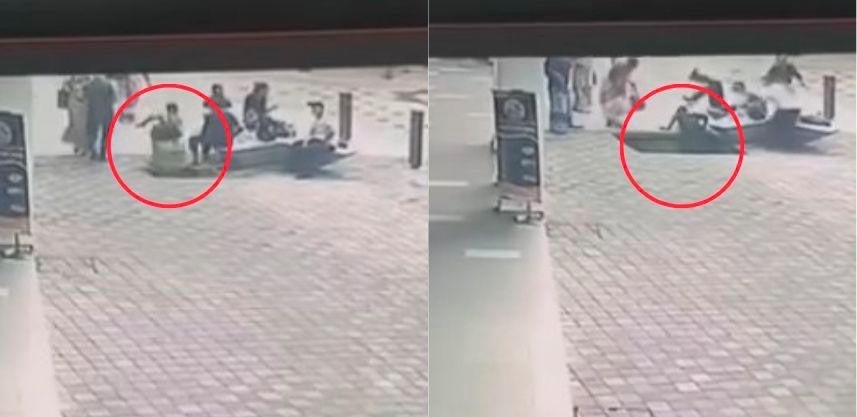
For Breach of Statutory Duty, the right to sue originated in the statute and the remedy to claim damages is provided by the common law. Meanwhile, for Negligence, the right to sue doesn’t originate in statute.
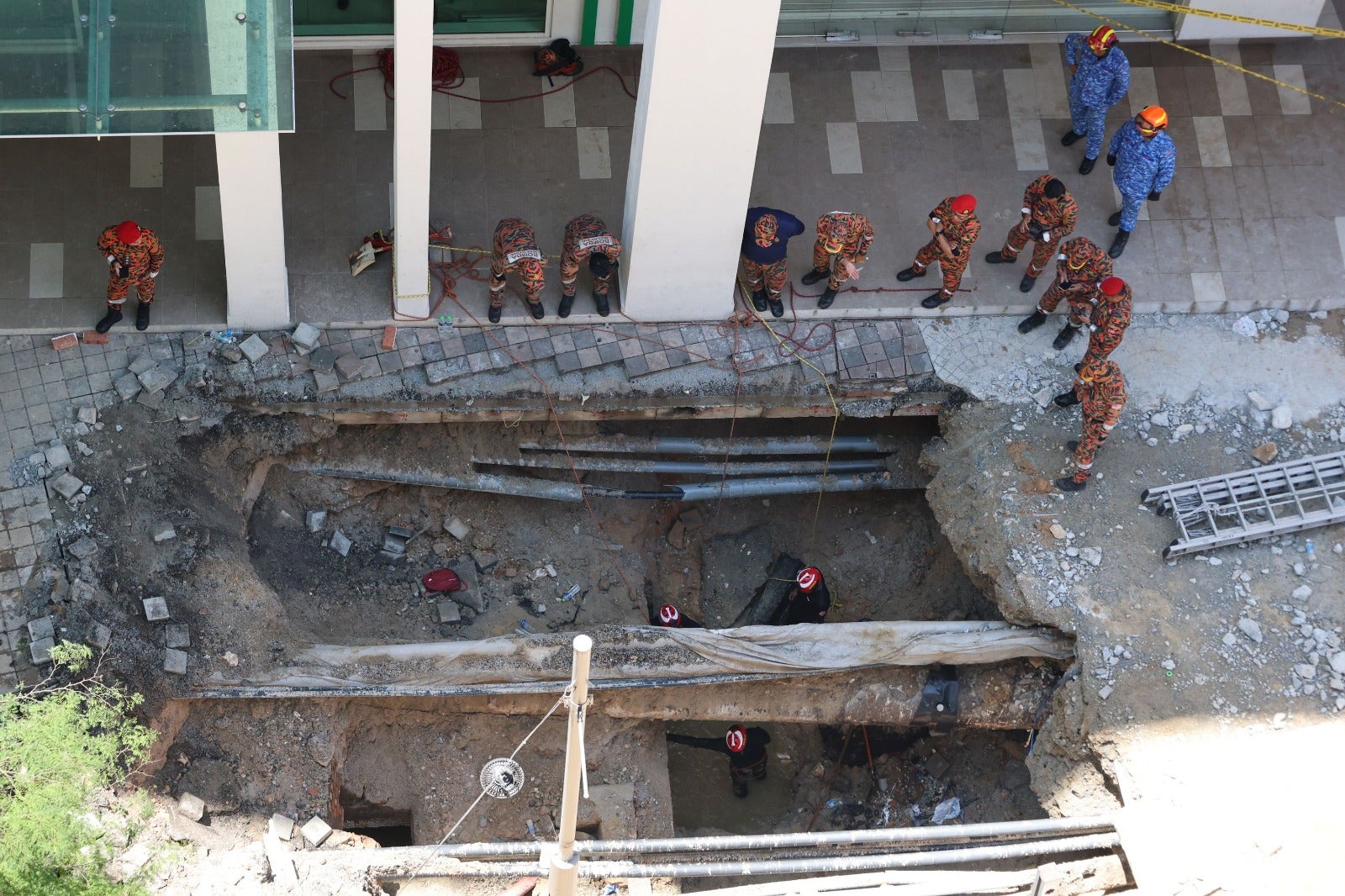
The statutes which established DBKL’s statutory duties
As for the Jalan Masjid India sinkhole, Iswatt asserted that the applicable statutes establishing DBKL’s statutory duties are the Street, Drainage and Buildings Act 1974 and the Earthworks (Federal Territory of Kuala Lumpur) By-Laws 1988.
Section 4 of the Street Drainage and Building Act 1974 may apply to the sinkhole incident, as the provision prescribes for local authorities to maintain and repair public streets, which is what the location of the incident was.

Furthermore, given that the sinkhole could be caused by earthworks done in the area, Section 70A of the Act below may also apply, with more detailed responsibilities further prescribed in the Earthworks (Federal Territory of Kuala Lumpur) By-Laws 1988.

DBKL and other local authorities have legal immunity
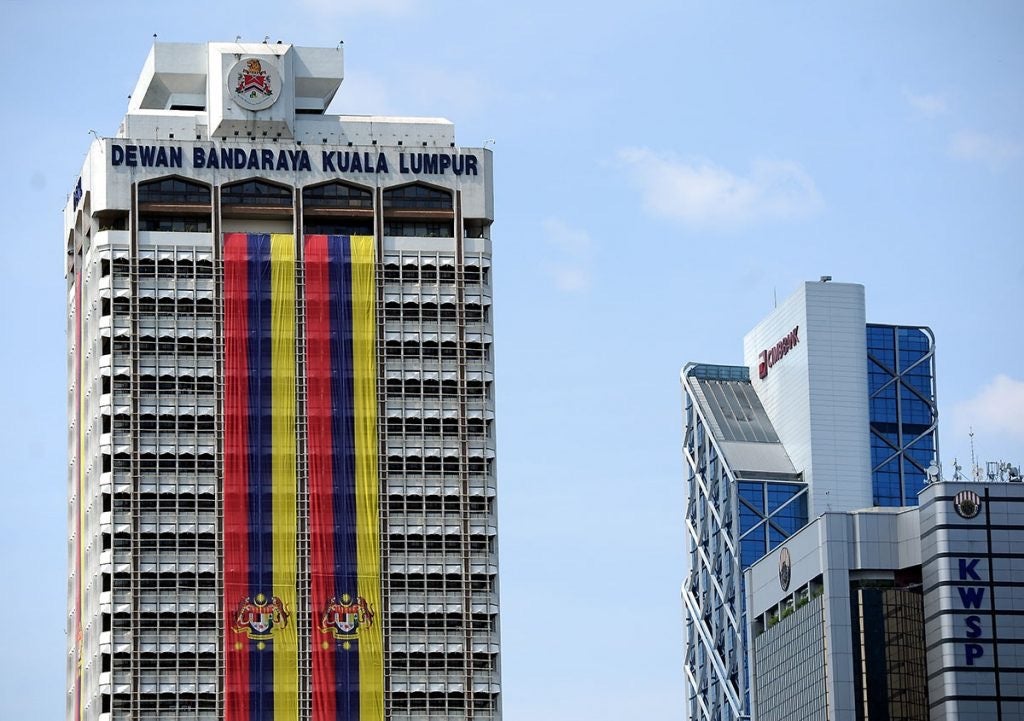
For illustration purposes
However, these are all rather academic as in Malaysia, local authorities such as DBKL are immune from any action, claim, liabilities or demand.
Iswatt revealed that this is prescribed under Section 95 of the Street, Drainage and Buildings Act 1974 below:

Essentially, this provision gives legal immunity to local authorities such as DBKL from any civil action, even if they didn’t carry out their duties as prescribed by the Act and its bylaws.
In fact, they’re immune from any legal liability even if they fail to carry out any inspection to ensure the Act or any of its by-laws are complied with!
The Federal Court ruling for a civil suit on the Highland Towers tragedy
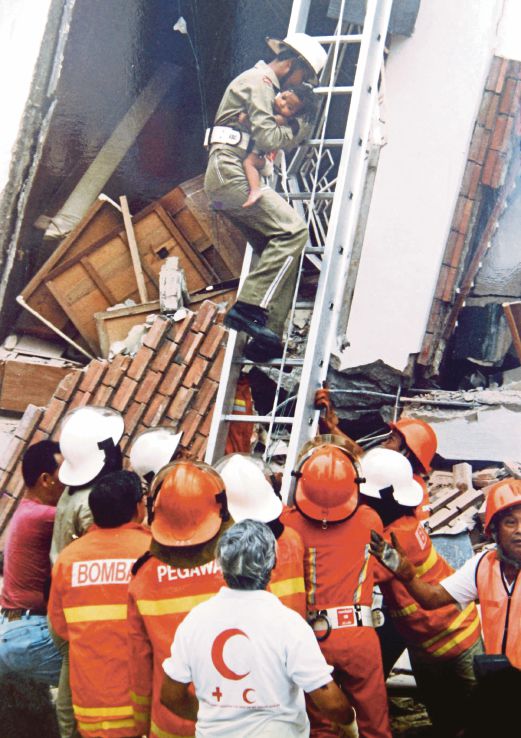
Source: fire and rescue academy malaysia | facebook
Iswatt referenced the case of Majlis Perbandaran Ampang Jaya v Steven Phao Cheng Loon & 81 Others [2006] MLJU 49, in which MPAJ was taken to court as the 4th Defendant in a civil suit for the Highland Towers tragedy which took 48 lives.
When the case reached the Federal Court, it was held that MPAJ as a local authority was immune from liability for the incident.
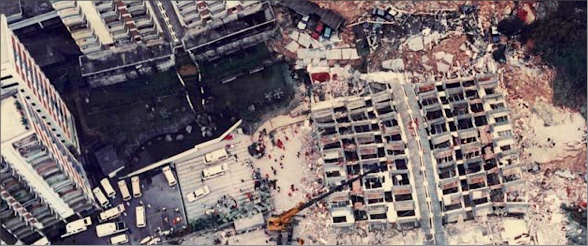
Source: novista
In his judgment, Justice Abdul Hamid Mohamad asserted that if local authorities were to be made liable, it would open the floodgates to further claims for economic loss, and this would deplete their financial resources needed for the provision of basic services and infrastructure for the general public.
Abdul Hamid further held that it would be unfair for rate payers’ money to be used to pay out damages for the local authorities’ negligence.
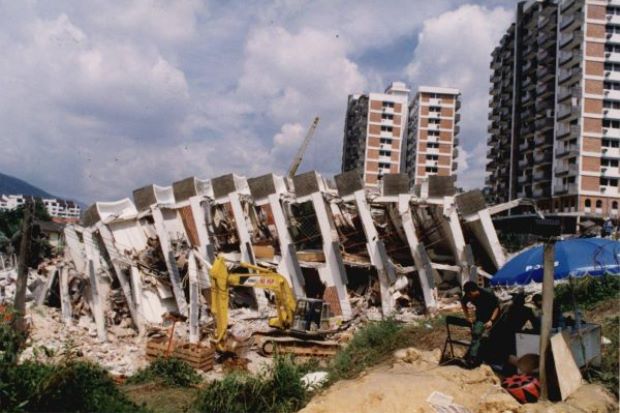
Source: the star
The learned judge asserted,
“In my view, the provision of basic necessities for the general public has priority over compensation for pure economic loss of some individuals, who are clearly better off than the majority of the residents in the local council area,”
Hence, the Federal Court has set a binding precedent that local authorities are immune from any liability. Of course, it’s only applicable to any future cases with similar facts and circumstances, otherwise, the ruling is only persuasive.
Hence, it is up to the court to decide whether DBKL is liable for any claim of damages from the victim’s family should the latter decide to initiate a civil suit.
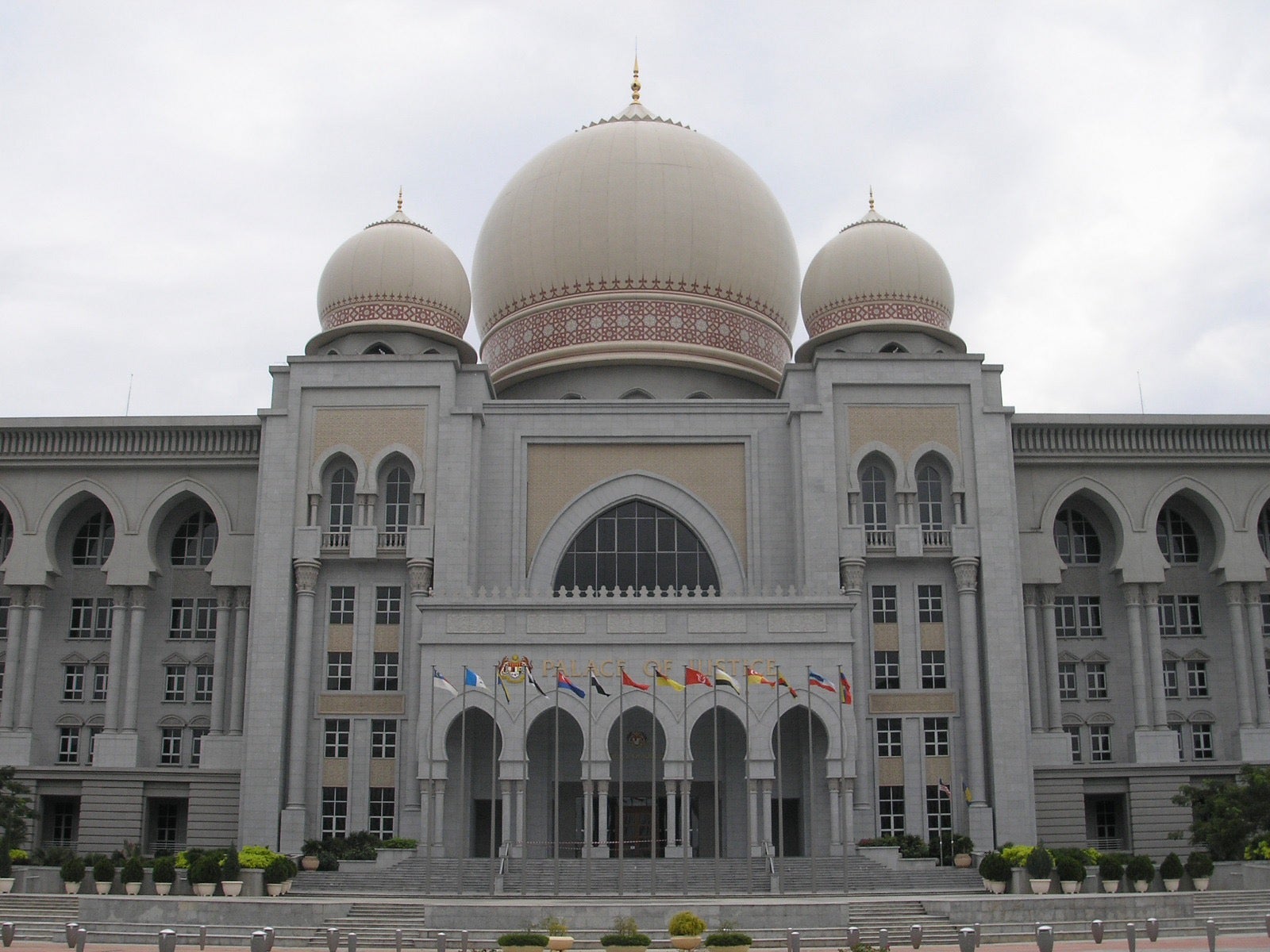
For illustration purposes
However, as we’ve elaborated above, the outlook doesn’t look too positive.
Also read: No Need to Declare Jalan Masjid India a Danger Zone Despite Sinkhole Incident, PDRM Says

